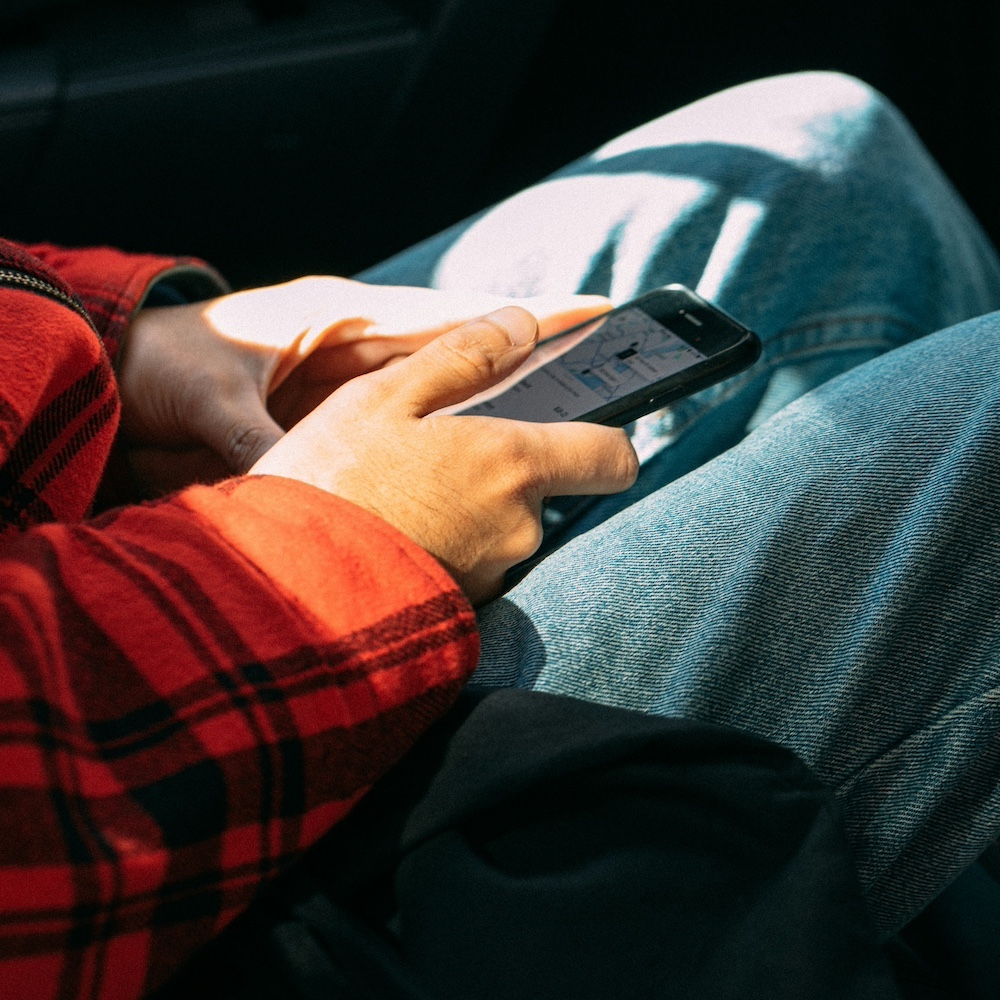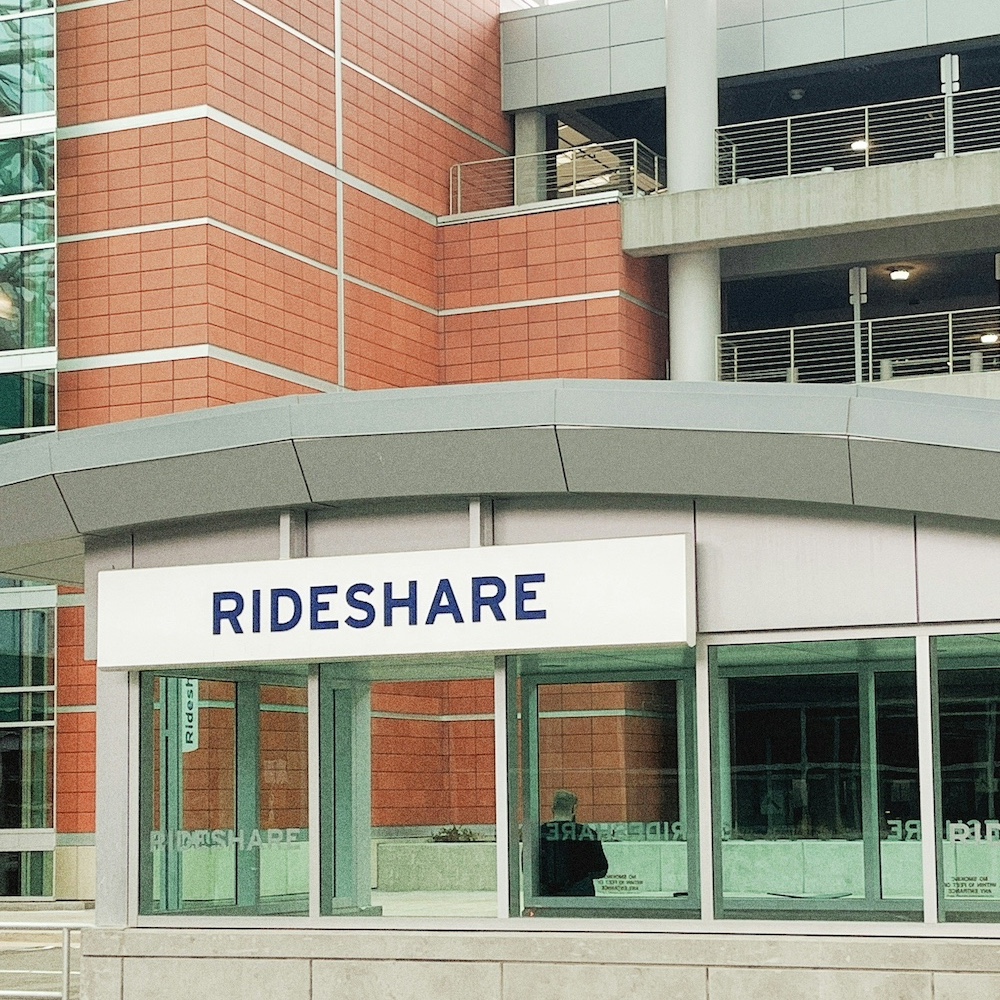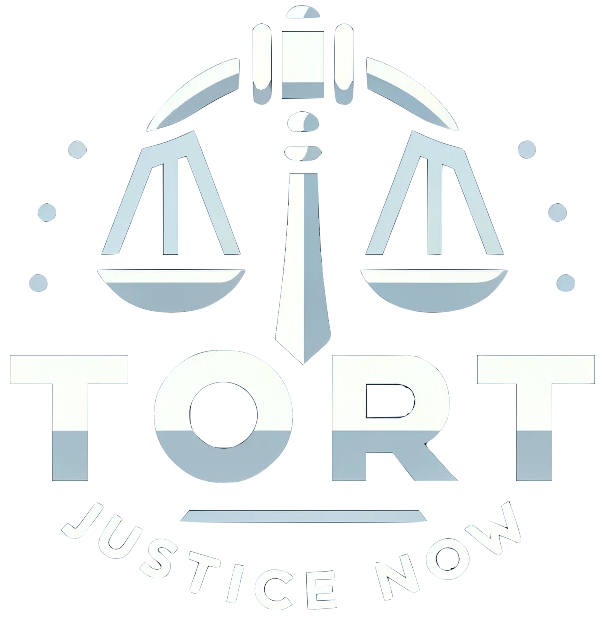Protecting the Rights of Rideshare Passengers and Drivers
Rideshare Injury and Accident Lawsuits
Rideshare services like Uber and Lyft have transformed transportation, but with this convenience comes risk. Accidents and injuries involving rideshare vehicles are becoming increasingly common, and navigating the legal complexities can be challenging for both passengers and drivers. At Tort Justice Now, we partner with experienced legal teams to help individuals who have been harmed in rideshare accidents secure the compensation they deserve. Our experienced legal team will guide you through every step of the process, ensuring your rights are protected.
Check Your Eligibility

Common Injuries in Rideshare Accidents
Rideshare accidents can result in a wide range of injuries, from minor cuts and bruises to severe trauma. Common injuries include whiplash, broken bones, head injuries, and spinal cord damage. Both passengers and drivers may face long-term recovery, medical bills, and lost wages. At Tort Justice Now, we understand the physical and financial toll these injuries can take. Our legal team is here to help you recover compensation for your medical expenses, lost income, and pain and suffering.
Who is Liable in a Rideshare Accident?
Determining liability in rideshare accidents can be complex due to the involvement of multiple parties. Liability may fall on the rideshare driver, another driver, or even the rideshare company depending on the circumstances of the crash. Insurance coverage may also differ depending on whether the driver was on duty or waiting for a ride request. Our experienced attorneys will navigate these legal challenges to hold the responsible parties accountable and ensure you receive fair compensation for your injuries.

Key Statistics on Rideshare Accidents and Injuries
- Injury Rates 20%
- Accident Frequency 25%
- Passenger Safety 33%
%
Insurance Complications
Legal Background for Rideshare Accident Lawsuits
Rideshare companies like Uber and Lyft have transformed the transportation industry, but they also present unique legal challenges when it comes to accidents and injuries. One of the primary legal hurdles is determining liability, as rideshare drivers are classified as independent contractors rather than employees. This distinction limits the responsibility rideshare companies have in accidents involving their drivers. However, Uber and Lyft provide insurance coverage for drivers and passengers, with varying levels of protection depending on whether the driver is waiting for a ride, en route to pick up a passenger, or actively transporting a rider. These insurance policies often complicate the process of filing claims, leaving many victims unsure of how to seek compensation.
As the number of rideshare-related accidents increases, legal actions have emerged, challenging the insufficient safety measures taken by rideshare companies. Plaintiffs in these cases argue that Uber and Lyft have not done enough to ensure the safety of passengers and drivers, particularly regarding driver background checks, vehicle maintenance, and accident prevention training. These lawsuits seek to hold the companies accountable and push for better safety regulations. For victims of rideshare accidents, it is critical to work with legal experts who understand the complexities of these cases and can navigate the intricate insurance and liability landscape.
Rideshare Accident FAQs
Navigating the legal complexities of a rideshare accident can be overwhelming. Below are answers to common questions about your rights, liability, and how to seek compensation.
Who is liable in a rideshare accident?
Liability can fall on multiple parties, including the rideshare driver, another involved driver, or the rideshare company, depending on the situation. The driver’s activity at the time of the accident (waiting for a ride, en route to pick up a passenger, or transporting a passenger) impacts insurance coverage and liability.
What insurance coverage is available for rideshare accidents?
Rideshare companies like Uber and Lyft provide insurance coverage, but the level of protection depends on the driver’s status. If the driver is actively transporting a passenger, both the driver and passenger are typically covered under the company’s liability insurance.
Can I sue Uber or Lyft directly for my injuries?
Because rideshare drivers are classified as independent contractors, suing the rideshare company directly can be difficult. However, there are circumstances where the company could be held accountable, especially if negligence can be proven in driver vetting or vehicle safety.
What should I do immediately after a rideshare accident?
Ensure your safety and seek medical attention if needed. It’s important to document the accident by taking photos, gathering contact information, and obtaining a police report. Contacting a rideshare accident attorney early can also help protect your rights.
How long do I have to file a claim after a rideshare accident?
The statute of limitations for filing a rideshare accident claim varies by state but is typically between one to three years. It’s important to consult with a lawyer as soon as possible to avoid missing critical deadlines.
